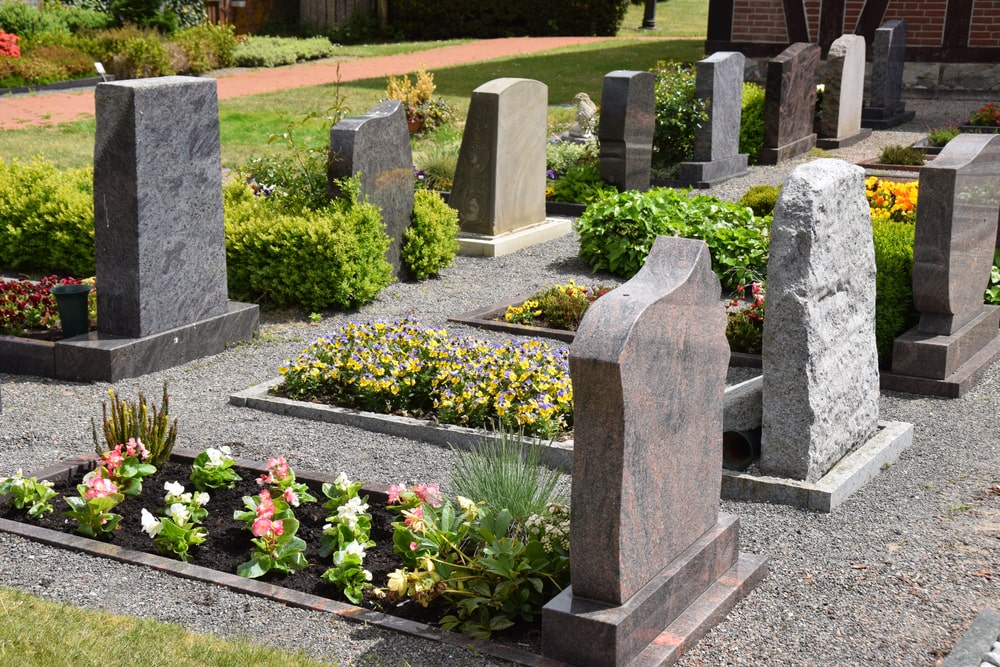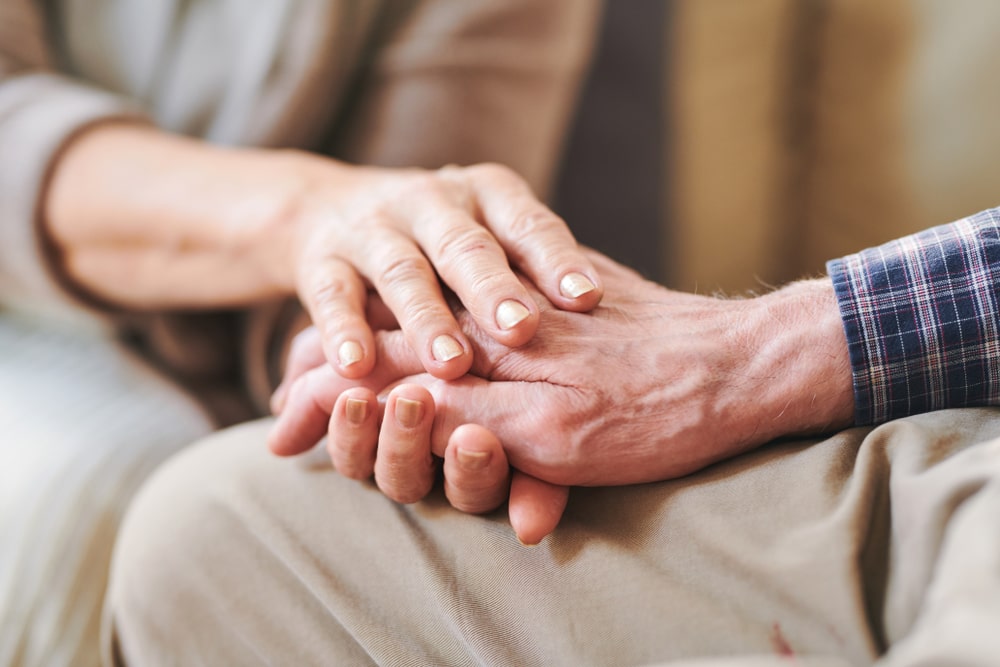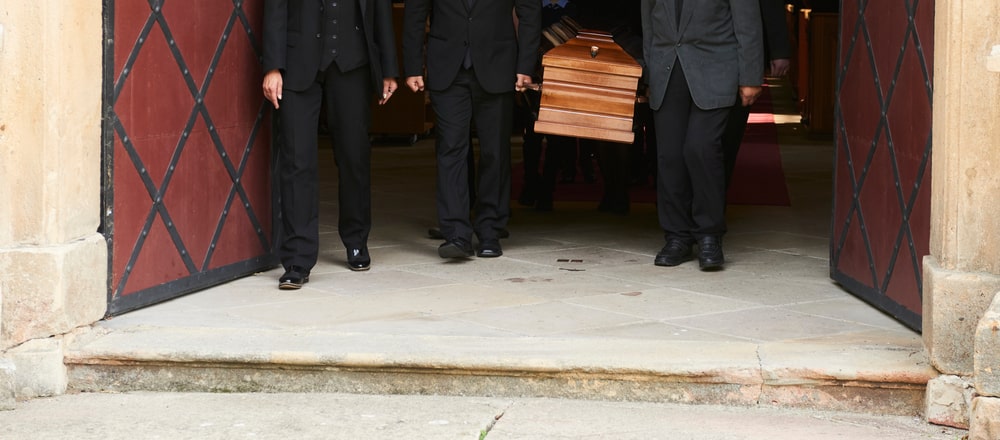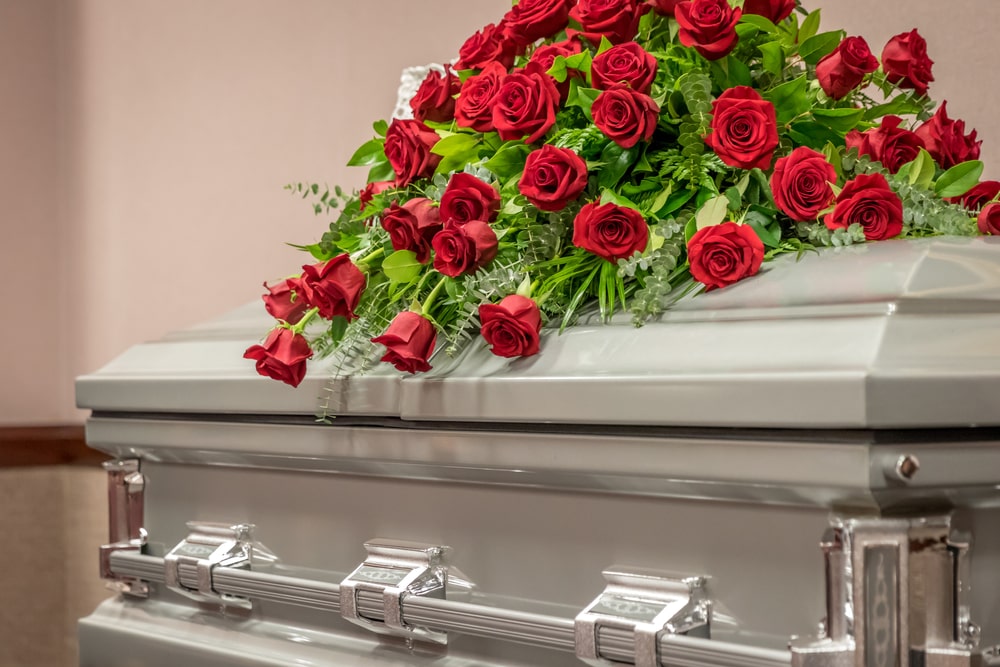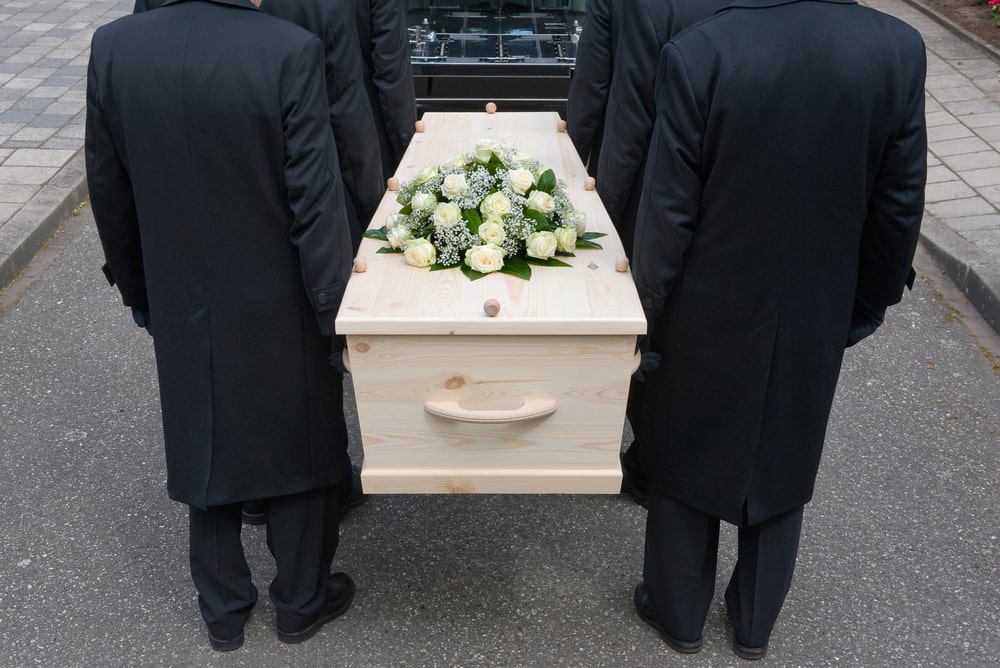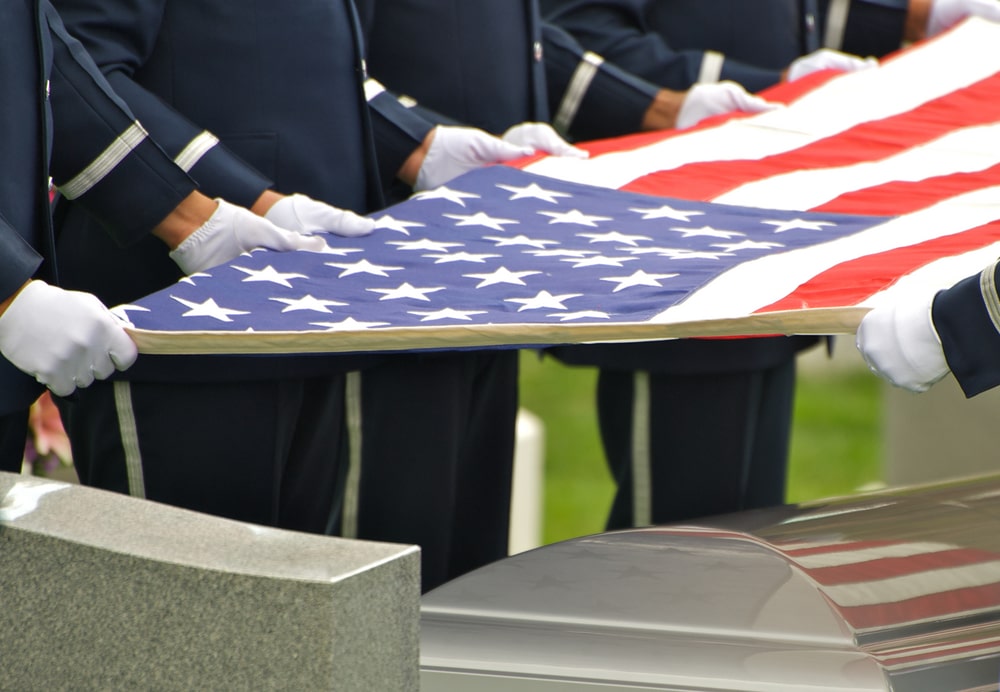
If you have a loved one who has been diagnosed with a terminal illness, you may feel a little out of your element as you look into hospice care. One of the big questions on your mind may be, “What exactly does hospice do? What kind of services do they offer?” Today, we’ll take a look at the variety of standard offerings available through hospice and how they benefit your family.
Before we get started, it’s always helpful to have a definition of hospice care. At its core, hospice care is about taking care of patients and their families with kindness and compassion. It focuses on creating a comfortable, pain-free environment for the terminally ill, making each person feel confident that they know what to expect, and offering supportive care to family members.
First Things First
Once a terminally ill person enrolls in hospice care, they will begin receiving visits from their hospice care team. This team can include a wide variety of people, depending on the hospice services your family pursues.
The team could include a nurse, hospice aide, social worker, chaplain, bereavement coordinator, physical, occupational, speech, or dietary therapists, spiritual and/or grief counselors, and volunteers – all overseen by the hospice medical director.
However, the services your family receives will depend on your specific needs. Adjustments are made to accommodate each individual patient and their family. So, if you don’t want or need a dietary therapist right now, you don’t have to have one. But if your needs change, you can always request a dietary therapist later. Hospice care is very personalized and can be tailored to fit a family’s specific needs over the duration of a person’s terminal illness.
7 Basic Hospice Services
The most common way to pay for hospice is with Medicare (85.4%), followed by private insurance (6.9%), Medicaid (5%), and other options, including self-pay (2.7%). Because Medicare is used most often to pay for hospice, its benefit rules are used by Medicaid and other insurance plans as a base line. In other words, other insurance companies base their hospice benefit plans on Medicare.
That’s not to say there aren’t differences, but by reviewing Medicare’s hospice benefit policy, we can get a good look at what services are most commonly available across the country. NOTE: Some hospice providers will include their own personalized services in addition to these basic services, so make sure to ask if there are any additional services available.
1. Personal & Medical Care
Of course, every hospice patient will receive medical care. However, it’s important to understand that this is not curative care. Instead, it’s focused on managing pain and symptoms so that a hospice patient’s final days are as comfortable as possible. This includes services from doctors and nurses as well as prescription medication.
The hospice care team will closely monitor the hospice patient’s needs and create a treatment plan that meets both your end-of-life care preferences and provides optimal comfort.
2. Medical Supplies & Equipment
Secondly, hospice will provide medical supplies and equipment that may be necessary for pain relief and symptom management. This could include a walker, wheelchair, oxygen tank, hospital bed, bandages, catheter, bedpan, wound care supplies, and much more.
The hospice care team will arrange for both the delivery and removal of all such items. If there is something you need, communicate that to the care team, and they will work with you to ensure that the hospice patient’s needs are met.
3. Therapy & Nutrition
While it may not come to mind at first, hospice will coordinate physical therapy, occupational therapy, speech therapy, and even dietary counseling. If these services are deemed medically necessary by the hospice medical director, then they will be provided to the hospice patient. For example, if a person has trouble swallowing, speech therapy can help.
As for nutritional care, as the hospice patient’s body begins the dying process, they may not be able to process as many calories, digest properly, or process food or drink at all. With dietary counseling, family members are given the information needed to know when and how to make adjustments to diet and ensure that a loved one’s food intake is correct.
4. Assistance at Home
As the hospice patient’s illness progresses, it will become even harder to take care of daily tasks. That’s why the hospice team is also available to help with eating, toileting, bathing, dressing, changing bed sheets, and more. The team’s highly trained nurses or aides will perform these tasks with care, discretion, and dignity. Plus, by doing these things, the hospice care team allows the family caregiver to take a break.
Talk with your hospice care team to find out what kind of at-home assistance they offer and request what best fits your needs.
5. Social Work Services
Here’s one you may not have heard about – social work services. You will have a hospice social worker assigned to you who will provide support by connecting the family to additional financial support programs or psychosocial support available in the community.
Some common social work services include:
- Providing information about grief counseling and coping skills
- Assisting with funeral or memorial preparations
- Coordinating care
- Helping families navigate the hospice care system
- Advocating on the family’s behalf
- Assisting survivors with arrangements and paperwork
Basically, the hospice social worker is there to guide your family through the hospice care process from beginning to end. Think of them as an incredible resource for questions and solutions.
6. Counseling
Another big part of hospice care revolves around counseling, both for the hospice patient and their family. This could include emotional and spiritual counseling, grief counseling, and psychosocial counseling.
Spiritual & emotional counseling – There are skilled counselors available to help each person in the family achieve peace in their heart and spirit prior to the death. For some, this may mean seeking to restore broken relationships, mend hurt feelings, or draw closer to loved ones.
Grief counseling – After a terminal diagnosis, everyone knows that death will come sometime in the near future, and with death, comes grief. To support families through the ups and downs of grief, hospice makes grief counselors available to provide comfort, both before and after the loss of a loved one.
Psychosocial counseling – Receiving a terminal diagnosis takes a heavy toll, often bringing out depression or severe anxiety. Psychosocial counselors seek to help the hospice patient understand the end-of-life process and work toward social and emotional restoration.
7. Respite Care
One final service to review is respite care. Every family will have a primary caregiver, and it can be an exhausting role. To give family caregivers a much-needed, occasional break, the hospice care team will provide respite care.
Most often, this means that the hospice patient will be placed in an in-patient facility for a few days, giving both the caregiver and the hospice patient a break. If this is something your family caregiver needs, contact your social worker, who can arrange this for you. You can get respite care more than once, but only on an occasional basis.
These are the basic services you can expect to receive from a hospice provider. Of course, don’t forget to ask if your specific hospice provider includes additional benefits. As you walk down this road, remember that you aren’t alone. There’s an entire team of people waiting to help you through it.















































